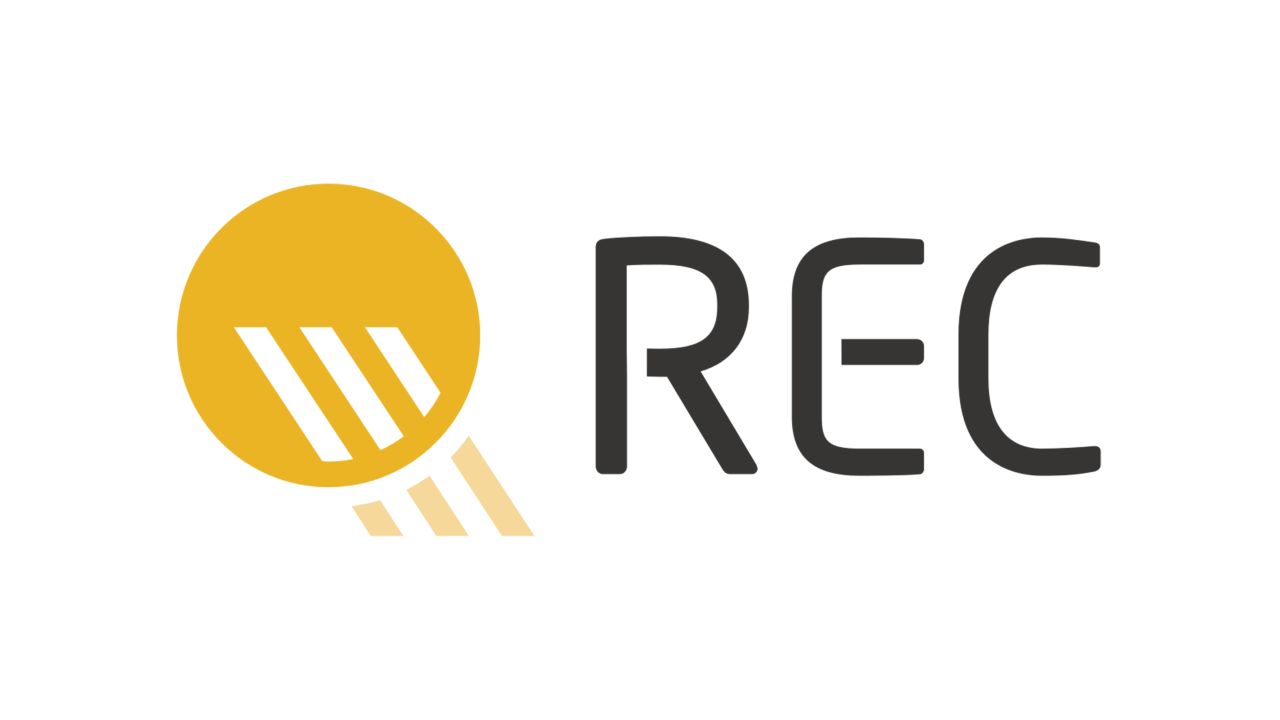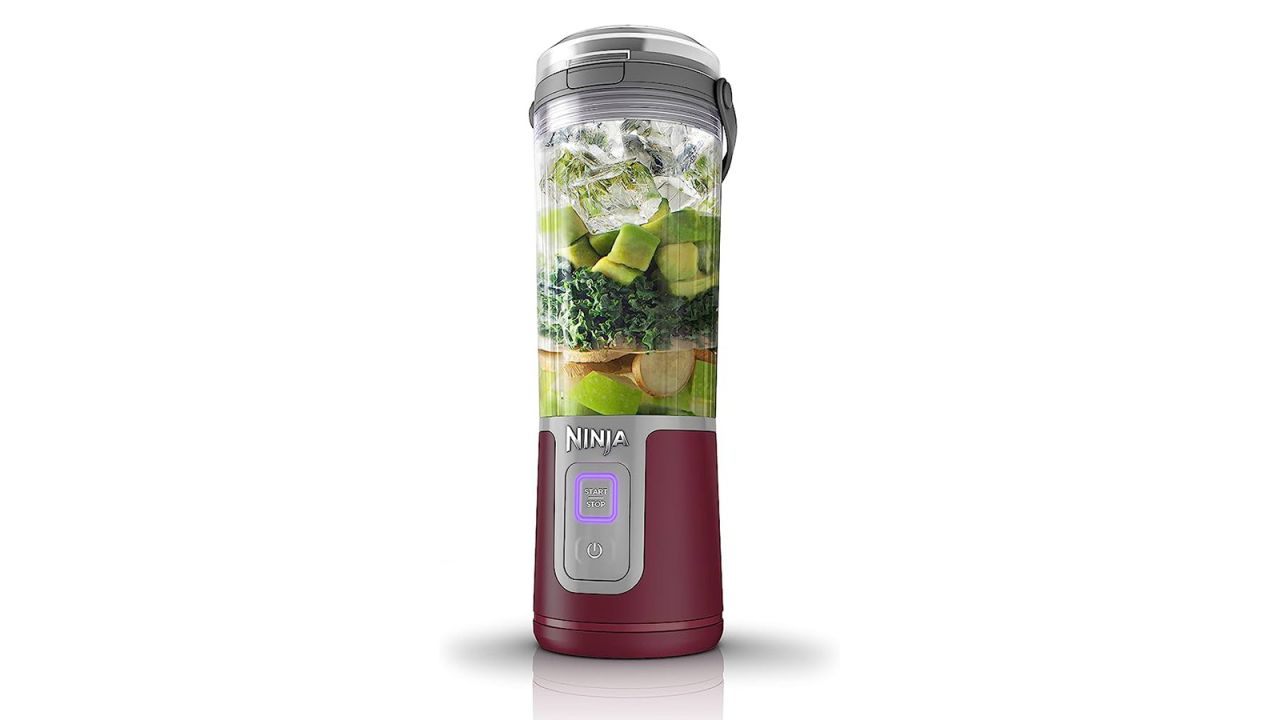REC

REC makes some of the industry's most efficient residential solar panels. Backed by a solid 25-year warranty and 92% power output guarantee at year 25, we highly recommend REC solar panels.
Our rating: 3.6 out of 5
Best for: Harsh climates
Average cost: $2.67 and $3.39 per watt
REC at a glance
REC uses cutting-edge solar technology to offer some of the highest-performing solar panels available and one of the industry’s most impressive power output warranties.
Fast facts
- REC Solar was founded in Norway in 1996, and its U.S. operations are based in California.
- The company uses half-cut solar technology to create efficient and highly regarded solar panels.
- REC has four residential solar panel product lines but doesn’t manufacture solar batteries or inverters.
- By the end of 2023, REC produced more than 50 million solar panels.
- Despite its lengthy solar history, REC Solar has no accreditation or rating from the Better Business Bureau (BBB).
What we like
REC’s solar panels are among the best solar companies doing business in the United States. It makes panels that produce up to 470 watts and have efficiency ratings from 20.8% to 22.6%. REC’s output warranties are among the best in the market, guaranteeing an industry-best 92% power output at year 25. REC’s panels also perform well when the weather gets hot, thanks to a low temperature coefficient rating of -0.24%.
What we don’t like
REC’s high-performance solar panels aren’t cheap. In fact, they’re among the most expensive on the market at an estimated cost of $3.19 per watt. We also don’t like that REC doesn’t have (or sell) batteries and inverters. You must buy a battery from a third-party provider to add storage to a new residential solar array.
REC pros and cons
With their high efficiency ratings, REC panels are worth considering for homeowners who have limited roof space or whose homes are in more shaded areas. Because of their efficiency, REC panels can still power a home. They’re also a good long-term investment. They retain power output better than most other solar panels, so they’ll meet your energy needs even after 25 years.
However, you’ll pay more for REC’s solar panels than you will for other brands. Also, because REC doesn’t make inverters or backup batteries, you’ll need to find a different manufacturer for these two essentials. That means double-checking compatibility and performance. That also means relying on warranties from another provider.
Pros
- Makes highly efficient solar panels
- Robust solar panel degradation rate
- Has a variety of panel products
Cons
- Solar panels are more expensive than many competitors
- Can’t buy a REC battery or inverter
How much does REC cost?
You can expect to pay between $2.67 and $3.39 per watt for REC solar panels, or an average of $3.19 per watt, not including any repairs or upgrades that your roof may require to support the new solar panels. While this price is significantly higher than the $2.82 per watt national average for solar panels, REC panels have superior product and power output warranties.
The cost of a REC solar system will depend on the shape of your home’s roof, its geographic location and the type of panels you choose. The above estimates don’t account for federal solar tax credit savings or other rebates.
REC solar products and services
REC Solar offers four different product lines of residential solar panels, most of which use next-generation heterojunction technology. However, the company does not manufacture inverters or backup batteries, meaning your installer will have to use an inverter compatible with REC’s solar panels.
|
Offered?
|
|
|---|---|
| Solar panels | Yes |
| Solar shingles | No |
| Microinverter | No |
| String inverter | No |
| Solar battery | No |
| Power production guarantee | 92% at year 25 |
| Workmanship warranty | 25 years |
| Solar battery warranty | NA |
| Micro inverter warranty | NA |
What types of solar panels does REC have?
REC offers heterojunction technology (HJT) solar panels under the Alpha PURE brand. HJT technology combines two types of solar cells to produce a higher power density panel than solar panels that use older PERC technology. As a result, REC’s solar panels are among the best-performing in the industry.
The company also sells residential solar panels under its N-Peak 3 brand. This third-generation panel uses cutting-edge Tunnel Oxide Passivated Contact (TOPCON) technology, combining PERC and HJT cells to perform more efficiently in low-light conditions
|
Power output
|
Efficiency
|
Temperature coefficient
|
Annual degradation rate
|
|
|---|---|---|---|---|
| REC Alpha Pure-RX REC450AA | 450 - 470 watts |
21.60% - 22.60% |
-0.24% |
0.25% |
| REC Alpha Pure-R REC400AA | 400 - 430 watts |
20.70% - 22.30% |
-0.24% |
0.25% |
| REC Alpha Pure 2 REC390AA | 390 - 410 watts |
21.10% - 22.20% |
-0.24% |
0.25% |
| REC N-Peak 3 Black | 390 - 400 watts |
19.50% - 20.30% |
-0.34% |
0.25% |
REC solar panel performance
REC’s use of more efficient HJT solar panel technology makes it one of the industry’s most efficient and high-output solar panels. HJT technology combines silicon thin-film with crystalline silicon to create a hybrid solar panel with a low temperature coefficient that allows it to produce more power than the PERC technology found in other solar panel brands.
As a result, REC’s solar panels produce between 390 and 470 watts and have an efficiency rating of around 22%, making its residential solar panels some of the most powerful and efficient in the business. Because they also have a low temperature coefficient of -0.24%, the panels will work efficiently when the outdoor temperatures are high.
All of the company’s solar panels also have a low degradation rate of 0.25%, which allows the company to offer an industry-best output guarantee of 92% into their 25th year of service.
REC product warranties
REC provides quality warranties for all four solar panels. The company guarantees a power output of at least 92% for its solar panels in year 25, which is the highest output warranty I’ve seen. Most power output guarantees among solar panel providers hover around 85%.
The scope of REC’s labor and product warranties depends on whether you use a REC-certified professional installer. Customers using a certified installer qualify for the REC Protrust Warranty, which covers workmanship and product defects for 25 years for systems under 25 kW. (Workmanship is covered for only 10 years for large commercial systems of 25 to 500 kW). That is better than other solar panel providers that offer 12-year product warranties. When a non-certified installer puts in a solar system, REC’s product warranty drops to 20 years, and it offers no warranty coverage for workmanship.
How does REC compare with competitors?
REC solar panels are among the most efficient, durable and powerful panels on the market. Its efficiency ratings for solar panels are also among the best, ranging from around 20% to more than 22%. REC’s solar panels rate among the most powerful in the industry, with panels producing as much as 470 watts.
Whereas many solar panel companies offer performance guarantees under 90% at year 25, REC — along with Maxeon and Panasonic — has panels that guarantee 92% output at year 25.
Not surprisingly, REC’s high-quality panels have a higher price tag. REC panels average about $3.19 per watt, which is significantly higher than the industry average of $2.82 per watt. Homeowners looking for quality panels at a more affordable price might consider Canadian Solar or Mission Solar, both of which offer solar panels closer to the industry average.
REC vs. competitors
|
Our score (out of 5 stars)
|
Annual degradation rate
|
Panel types offered
|
|
|---|---|---|---|
| REC Solar | 3.6 |
0.25% |
Monocrystalline, HJT, n-type, Bifacial |
| Panasonic Solar | 5.0 |
0.25% - 0.5% |
Monocrystalline, HJT, PERC, IBC, p-type, n-type |
| Mission Solar | 4.5 |
0.40% - 0.58% |
Monocrystalline, PERC |
| Jinko Solar | 4.2 |
0.40% - 0.60% |
Monocrystalline, PERC, n-type |
| Canadian Solar | 3.8 |
0.35% - 0.55% |
|
| ZNShine Solar | 3.7 |
0.40% - 0.55% |
Monocrystalline, polycrystalline |
| LONGi Solar | 3.6 |
0.40% - 0.55% |
p-type TOPCON, n-type TOPCON, n-type HJT, p-type HJT |
Methodology
CNN Underscore’s editorial team conducted extensive research to determine which solar panels are best for your home. We compared 170 solar panels, evaluating them by wattage, efficiency, price range, durability and warranty. We scored each company based on several data points for each factor and awarded points based on the following weighted categories.
















